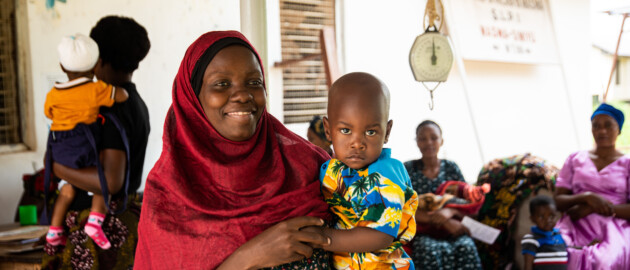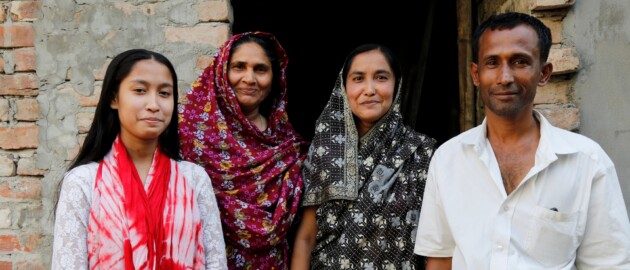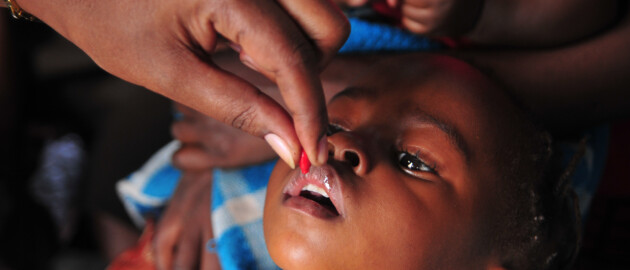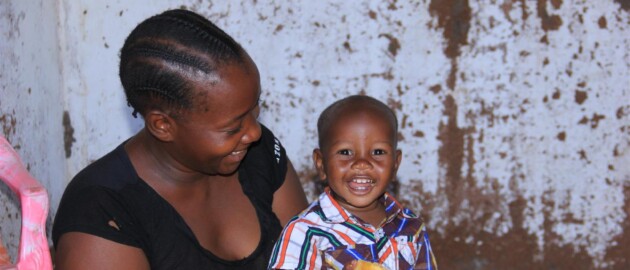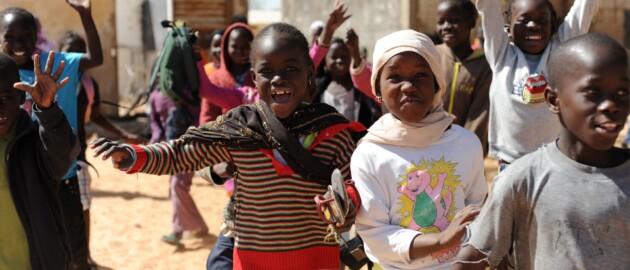In Kenya, undernutrition, including micronutrient deficiencies, exists alongside overweight, obesity and diet-related non-communicable diseases.
Although Kenya has made substantive progress in reducing the prevalence of stunting in children under five (from 35% in 2008 to 26% in 2014), 26% of children under five are still stunted and 11% of them are underweight, while about 4% are overweight or obese.
Stunting is highest in the Coast, Eastern, and Rift Valley regions. Eleven out of 47 counties have a stunting prevalence of above 30%, a level categorized as severe. While wasting among children under five is relatively low nationally (4%), it is 14% in the Northern region.
Kenya’s neonatal mortality and children under five mortality rates also remain high.
Iron deficiency (26%) and anaemia (42.6%) are high among pregnant women in Kenya, which negatively affects the health and development of the mother and her unborn baby.
Maternal deaths make up to 15% of all deaths among women of reproductive age, equaling approximately 7,300 women dying each year.
Without scaled up and sustained efforts to address malnutrition in Kenya, the country’s long-term development will be seriously affected. Strategic planning is key to achieving good nutritional status in the country.
